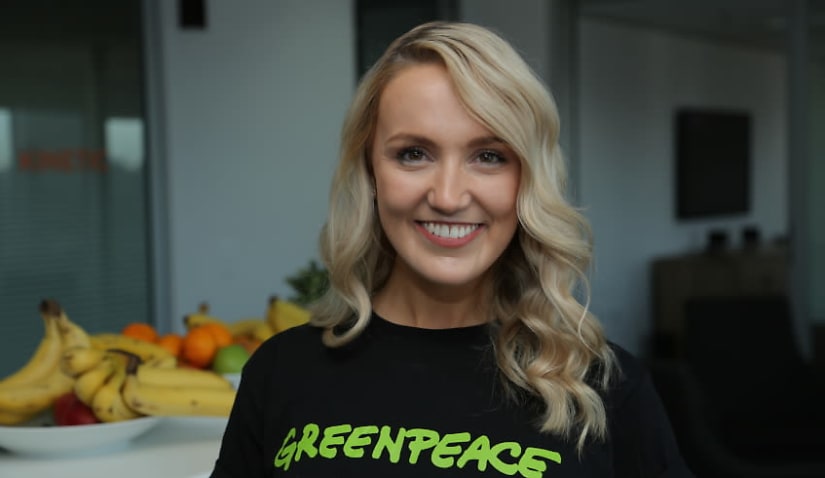With ASIC having announced it will target greenwashing in 2023, one general counsel weighs in on how GCs should respond and the implications being seen nationally and globally for those who don’t comply.

The Australian Securities and Investments Commission (ASIC) has announced that it will expand its enforcement focus this year. The regulator will target greenwashing, predatory lending, and misleading insurance pricing promises, with the aim of protecting consumers from financial harm.
Katrina Bullock, general counsel at Greenpeace Australia Pacific, discussed how general counsel should prepare for the impending crackdown.
“An ever-growing number of investors, consumers and other stakeholders are demanding that businesses play a vital role in protecting nature and that they do their fair share to combat climate change,” Ms Bullock outlined.
“This has created strong incentives for businesses to misrepresent the extent to which their financial products or investment strategies are environmentally friendly,” she explained.
“Greenwashing can take numerous forms. Sometimes it is the exaggerated and imprecise claims of an ill-informed but well-intentioned public relations department,” she said. “Other times, it presents as intentionally crafted representations designed to mislead.
“Gone are the days where it will go unchecked.”
Ms Bullock discussed how the crackdown on greenwashing is playing out in Australia and across the globe.
At least 20 climate-washing cases have been filed before courts in Australia, the US, France and the Netherlands, while a further 27 cases have been filed before non-judicial oversight bodies, noted Ms Bullock.
Civil suits alleging greenwashing, as well as government enforcement actions, are on the rise.
Gas giant Santos is facing proceedings in the Federal Court of Australia from an investor group alleging it did not have a clear and credible pathway to achieve the net zero target it communicated to the market.
Recently, ASIC fined Tlou Energy over $53,000 following four infringement notices containing allegations of false or misleading sustainability-related statements.
How should general counsel respond to these changes?
“General counsel should be alive to the significant regulatory and litigation risk that accompanies greenwashing,” stated Ms Bullock.
“They are advised to ensure strong governance processes are in place which safeguard against greenwashing.
“Ongoing monitoring systems are needed to ensure that sustainability claims which have been publicly announced are on track, and where circumstances change rendering previous claims unachievable systems should be in place to update such claims in a timely manner.”
“General counsel should also keep a close eye on the development of climate-related financial disclosure frameworks,” advised Ms Bullock.
Ms Bullock also commented on the federal government’s commitment to crack down on greenwashing.
The government has announced it aims to ensure large businesses provide Australians and investors with greater transparency and accountability when it comes to their climate-related plans, financial risks, and opportunities.
The commitment includes the introduction of standardised, international-aligned reporting frameworks for businesses to make disclosures concerning governance, strategy, risk management, targets, and metrics.
“Regulatory reforms are on the horizon,” Ms Bullock posited.
“Countries like New Zealand and the United Kingdom have already passed legislation that has made climate-related disclosures mandatory for a subset of businesses,” she highlighted. “Switzerland, the United States of America and Singapore are also developing mandatory climate disclosure requirements.”
“General counsel would do well to stay abreast of developments in this space, and to support the introduction of internal data capture which aligns with best practices (see the TCFD framework or the ISSB’s draft standards) to ensure their organisation is well positioned for the upcoming changes.”